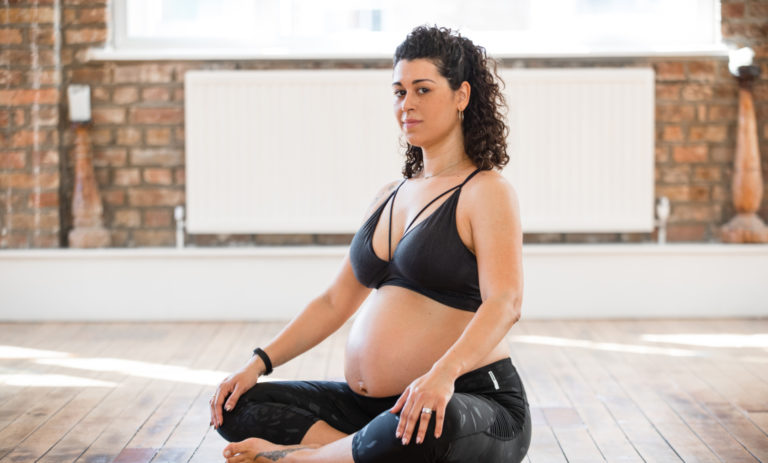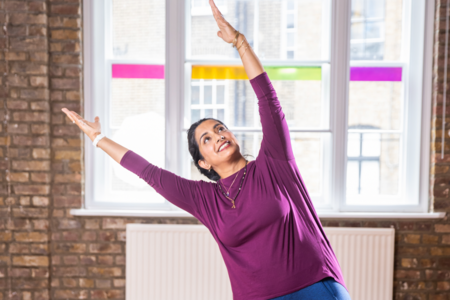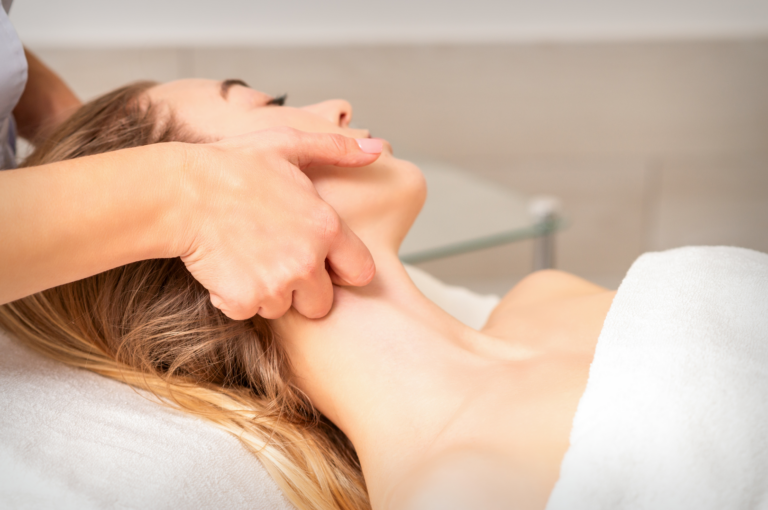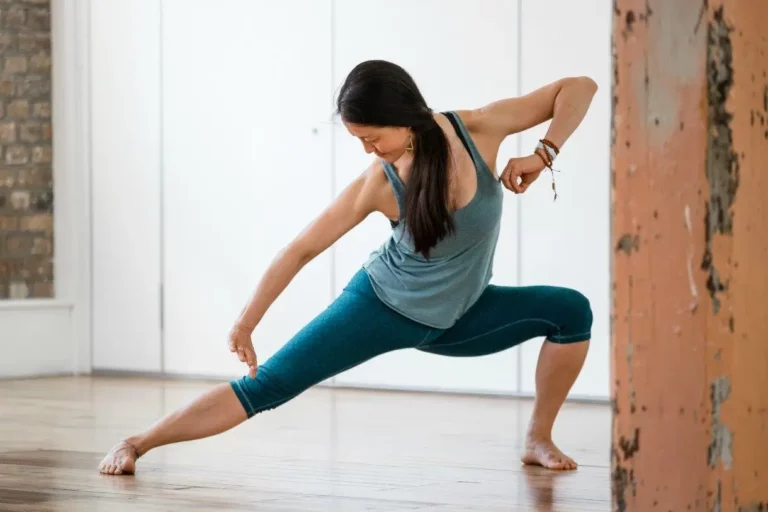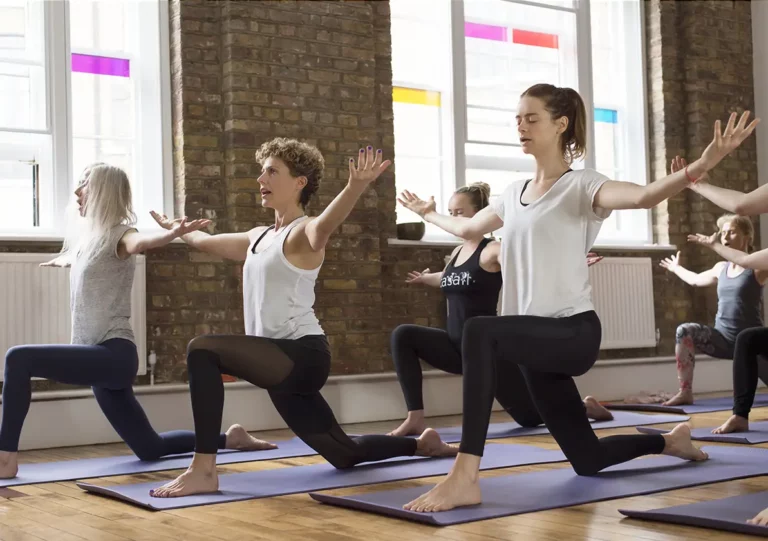We often think of pregnancy as one of the most beautiful and natural events in a woman’s life. However, growing a human inside of you can be uncomfortable, difficult and challenging on your body and mind. Our body goes through physical and hormonal changes during pregnancy.
Here are the five most common pregnancy complaints and what you can do about it:
1 – Back pain (and how to ease it)
Around 1 in 5 pregnant women experience discomfort in the back or front of the pelvis during their pregnancy.
During pregnancy, your ligaments loosen up and stretch to prepare your body for labour. This puts strain on your joints, which can cause back pain. Your posture also changes during pregnancy, as your natural back curve increases, trying to manage the extra weight of your baby bump. This can also cause lower back pain.
If back pain isn’t enough, some women will experience pelvic girdle pain, which is also a common condition in pregnancy.
Back pain and pelvic girdle pain can affect your sleep and make it harder to go about your everyday activities. There are some things that can help ease your pain:
– Stay strong throughout your pregnancy by doing the appropriate exercises for you.
– Sleep on your side with a pillow under your belly and knees.
– Practise standing with your shoulders stretched back and your pelvis tucked under.
2 – Constipation (and how to tackle it)
With all the hormonal changes that occur in pregnancy, your gut wall can start to relax. This will make bowel movements more difficult, causing constipation. Your growing uterus also takes up valuable space, which is normally occupied by your bowel, which is a contributing factor to constipation in pregnancy.
To tackle this, you should try:
– Consuming a high fibre diet
– Participating in regular exercise
– Drinking plenty of water
– Using a stool, such as a SquattyPotty, to prop up your feet when opening your bowels
3 – Urinary incontinence (and reducing risk)
The most common cause of pregnancy-related urinary incontinence is weak pelvic floor muscles. The weight of the baby can be responsible for weakening these pelvic floor muscles, as well as the effects of the hormones that prepare for your labour.
The pelvic floor muscles lie across the base of your pelvis to help keep the pelvic organs – bladder, uterus and bowel – in the correct position. The muscles are held in place by ligaments that support the organs especially when there is an increase of pressure in the abdomen that occurs with lifting, bending, carrying and straining.
To reduce your risk of developing incontinence in pregnancy you need to be doing:
– Pelvic floor exercises… daily! This should include long, held squeezes as well as short, quick squeezes; ensuring that you let the muscle ‘go’ or ‘relax’ after each squeeze. You should work the muscles until they tire and do the exercises regularly to help the muscles become stronger and more effective.
– Download the Squeezy app for your daily reminders and motivation.
4 – Pelvic pressure (and how to support it)
As your baby grows, the pull of gravity on your belly increases, which can cause pressure and heaviness on your pelvis and vagina. This pressure can also be due to the baby pushing against your pelvis and hips, and the hormone ‘relaxin’ loosening your ligaments preparing you for labour.
You can try:
– Wearing a supportive garment on your belly that can help to relieve your pain
5 – Difficulty sleeping (and how to make it more comfortable)
Hormonal changes and back/pelvic pain can be responsible for fatigue and difficulty sleeping during pregnancy. Your bladder is also likely to wake you up frequently at night disturbing your sleep.
To make your sleep more comfortable you should try:
– Using a pillow under your bump, under your hip and between your legs can make it more comfortable to sleep
– When turning over in bed, keep your knees together as much as possible
Pregnancy can be physical, mental and emotional. The key to overcoming pregnancy complaints is to exercise regularly, eat healthily, drink plenty of water and see a women’s health physiotherapist if your concerned about anything or need more help.
Laura Maleh is a specialist Women’s Health Physiotherapist. She holds a BSc in Physiotherapy from King’s College London, and a BSc in Medical Sciences from Sheffield University. She spent 10 years working in the NHS before joining The Portland Hospital. Laura is a member of the CSP and POGP (Pelvic Obstetric and Gynaecological Physiotherapy).
Click here to view Laura’s schedule and to book an appointment with her at triyoga Camden.

